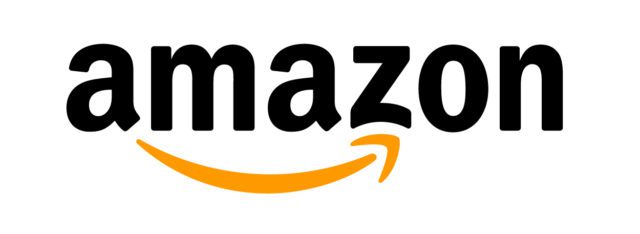Coffee is Amazon’s most popular grocery item in the United States
In the wake of its recent acquisition of Whole Foods, Amazon is already profiting—literally. The retailer’s grocery sales increased by 50 percent in the weeks around its purchase announcement.
And now, a new analysis shows Amazon’s sales are up in another way: the online grocery retailer is selling loads of popular coffee products.
One Click Retail, which previously reported Amazon’s grocery sales had increased, followed up with a more specific look at what is selling, and found that three of Amazon’s top five highest-selling grocery and food brands are coffee products.
Here are those fly-off-the-shelves products, including the three coffee brands:
In fact, combined, these five products are only about eight percent of Amazon’s total grocery sales, One Click Retail says—and that just goes to show just how many grocery and food brands the retailer is selling.
“Being relative newcomers, the success that brands like KIND, Green Mountain and San Francisco Bay are experiencing demonstrate that ecommerce shelf space is [the] new frontier,” Spencer Millerberg, One Click Retail CEO, explained in the release.
By comparison, big-name brands rank much lower on the retailer’s sales totem pole: Soylent is ranked 79, Nespresso is ranked 469, while Cheerios comes in at 2,781.
Why might these smaller brands—especially smaller brands such as San Francisco Bay Coffee—be topping Amazon’s most-in-demand list while staples such Cheerios are lagging (way) behind? Millerberg offered a reason in the release: these brands don’t have an Amazon strategy—and they will need to get one stat to stay relevant.
“Grocery on Amazon is in its awkward teenage stage, not yet mature but no longer in its infancy,” Millerberg said.
“Brands that do not have an Amazon strategy are in trouble and dangerous to any smart leader because getting Amazon wrong leads to long-term losses for both company and career.”
So, he recommended, brands like Nespresso “need to solidify their position on Amazon in the next 12 [to] 24 months before this new shelf becomes more mature and harder to alter in the long term.”
And now, a new analysis shows Amazon’s sales are up in another way: the online grocery retailer is selling loads of popular coffee products.
One Click Retail, which previously reported Amazon’s grocery sales had increased, followed up with a more specific look at what is selling, and found that three of Amazon’s top five highest-selling grocery and food brands are coffee products.
Here are those fly-off-the-shelves products, including the three coffee brands:
- San Francisco Bay Coffee
- KIND
- Green Mountain Coffee
- Gerber
- Starbucks Coffee
In fact, combined, these five products are only about eight percent of Amazon’s total grocery sales, One Click Retail says—and that just goes to show just how many grocery and food brands the retailer is selling.
“Being relative newcomers, the success that brands like KIND, Green Mountain and San Francisco Bay are experiencing demonstrate that ecommerce shelf space is [the] new frontier,” Spencer Millerberg, One Click Retail CEO, explained in the release.
By comparison, big-name brands rank much lower on the retailer’s sales totem pole: Soylent is ranked 79, Nespresso is ranked 469, while Cheerios comes in at 2,781.
Why might these smaller brands—especially smaller brands such as San Francisco Bay Coffee—be topping Amazon’s most-in-demand list while staples such Cheerios are lagging (way) behind? Millerberg offered a reason in the release: these brands don’t have an Amazon strategy—and they will need to get one stat to stay relevant.
“Grocery on Amazon is in its awkward teenage stage, not yet mature but no longer in its infancy,” Millerberg said.
“Brands that do not have an Amazon strategy are in trouble and dangerous to any smart leader because getting Amazon wrong leads to long-term losses for both company and career.”
So, he recommended, brands like Nespresso “need to solidify their position on Amazon in the next 12 [to] 24 months before this new shelf becomes more mature and harder to alter in the long term.”

No comments:
Post a Comment